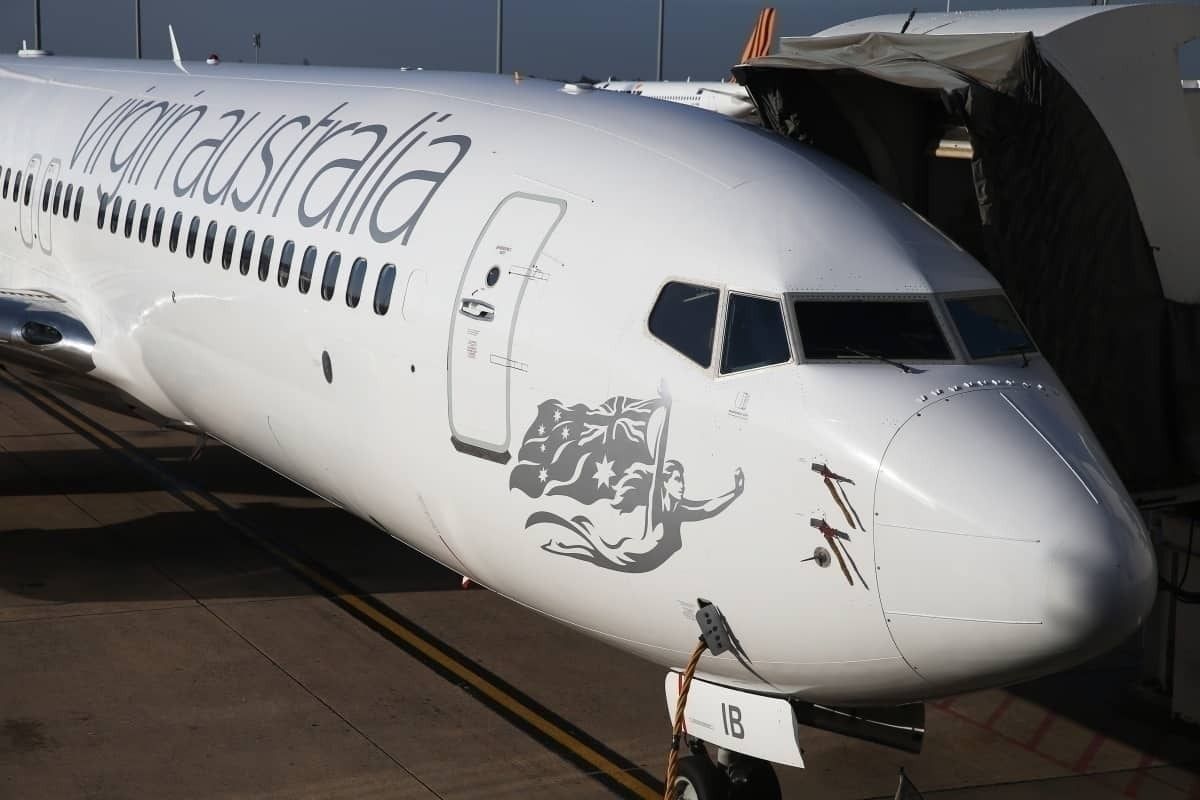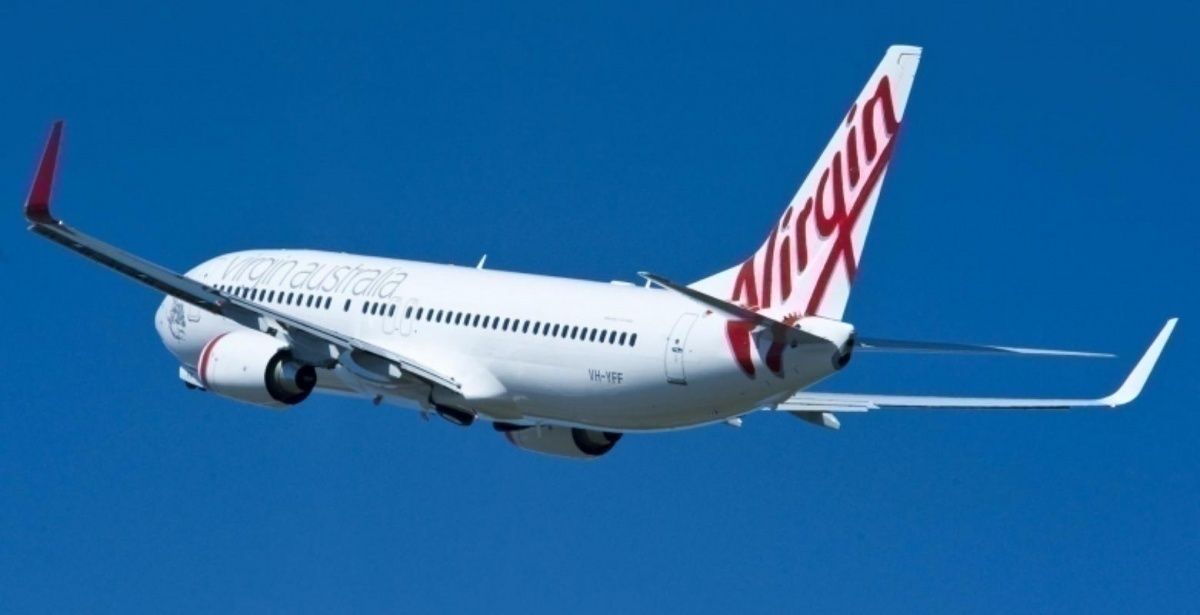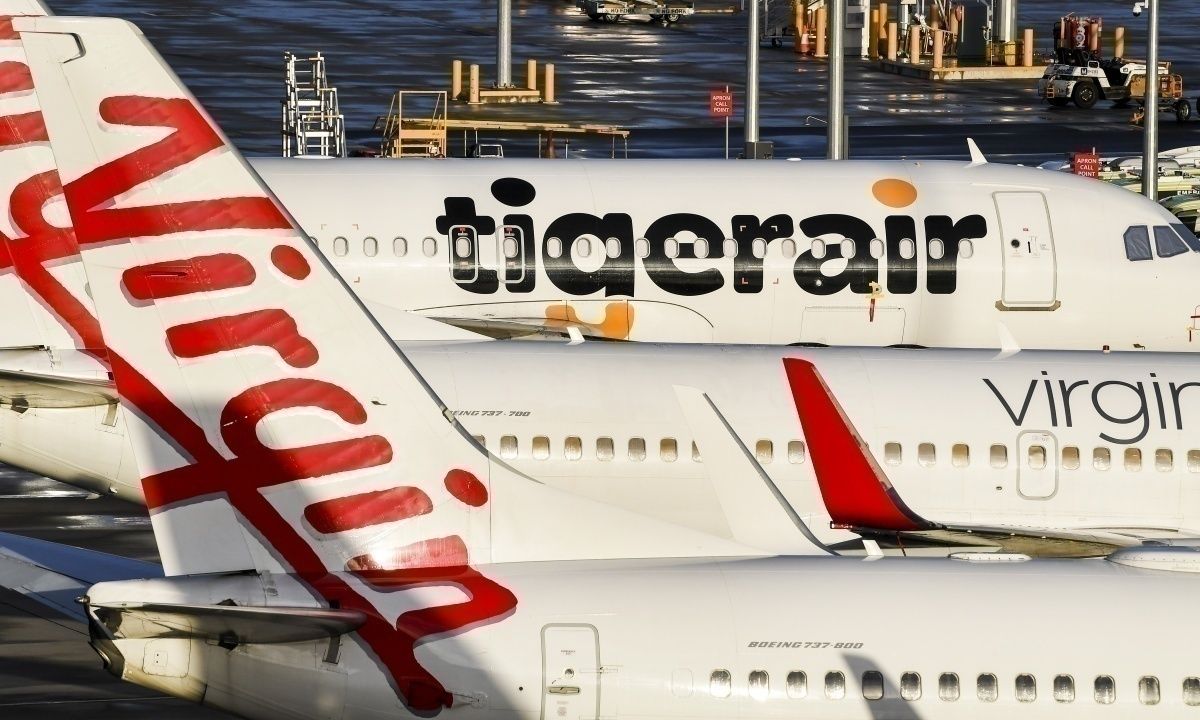Virgin Australia has formally entered into voluntary administration. The airline notified the Australian Stock Exchange (ASX) at 22:51 UTC on 20 April 2020. Virgin Australia and its receivers will use the opportunity to re-capitalize the business.
"Our decision today is about securing the future of the Virgin Australia Group and emerging on the other side of the COVID-19 crisis," says Paul Scurrah, CEO of Virgin Australia.
The formal notification ends weeks of speculation. That speculation peaked yesterday as Simple Flying gave its readers an early heads-up on the imminent news.
It's business as usual for the time being
The airline will continue to operate its international and domestic flights. Virgin Australia is flying a handful of international services and about 65 domestic services a week.
The administrators, Vaughan Strawbridge, John Greig, Sal Algeri, and Richard Hughes of Deloitte will continue to work with the current Virgin Australia management.
"We are committed to working with Paul and the Virgin Australia team and are progressing well on some immediate steps," said Mr Strawbridge.
"Our intention is to undertake a process to restructure and re-finance the business and bring it out of administration as soon as possible."
You can read the ASX release here.
In a statement, Virgin Australia noted that it had sought financial help from various sources, including Federal and State Governments in Australia. But the airline has been unable to secure the support it needed.
There is a history of businesses trading their way out of voluntary administration in Australia. Many of those businesses have gone on to become successful over the long term.
Mixed news for different stakeholders
The news that Virgin Australia won't be ceasing operations will cheer many. The news that Velocity Frequent Flyer, a separate company, is not in administration, will also cheer its 10 ten million plus members.
The immediate future is less optimistic for Virgin Australia's stockholders who face heavy losses. The airline's key stockholders, Etihad, Singapore Airlines, HNA, Nashan, and The Virgin Group, had all declined to top up Virgin Australia's coffers. Now they look like seeing their initial investments wiped out.
However, media reports this morning suggest The Virgin Group did offer some additional funding contingent on the Australian Government coming to the party. There are also suggestions that Etihad is the foreign airline teaming up with a private equity partner to make a bid for Virgin Australia.
But private equity ambitions will be put on hold while Deloitte works to resurrect Virgin Australia. Voluntary administration offers Virgin Australia to chance to walk away from much of its unsecured debt and discount much of its secured debt. The airline has been crippled by debt worth about USD$3.2 billion.
A good chance Virgin Australia will emerge a stronger and better airline
Voluntary administration also offers Virgin Australia the chance to streamline its operations. There is some low-hanging fruit that could be picked to help trim on-going costs. This fruit includes Tigerair, international routes, and excess leased aircraft. The airline has 69 leased jets, and these leases are a significant drain on Virgin Australia's revenues.
Today's inevitable decision could have been worse - Virgin Australia could have ceased operating. By pausing to restructure the airline, there's a good chance it will stay in the air and come out of this a more robust and better airline.



